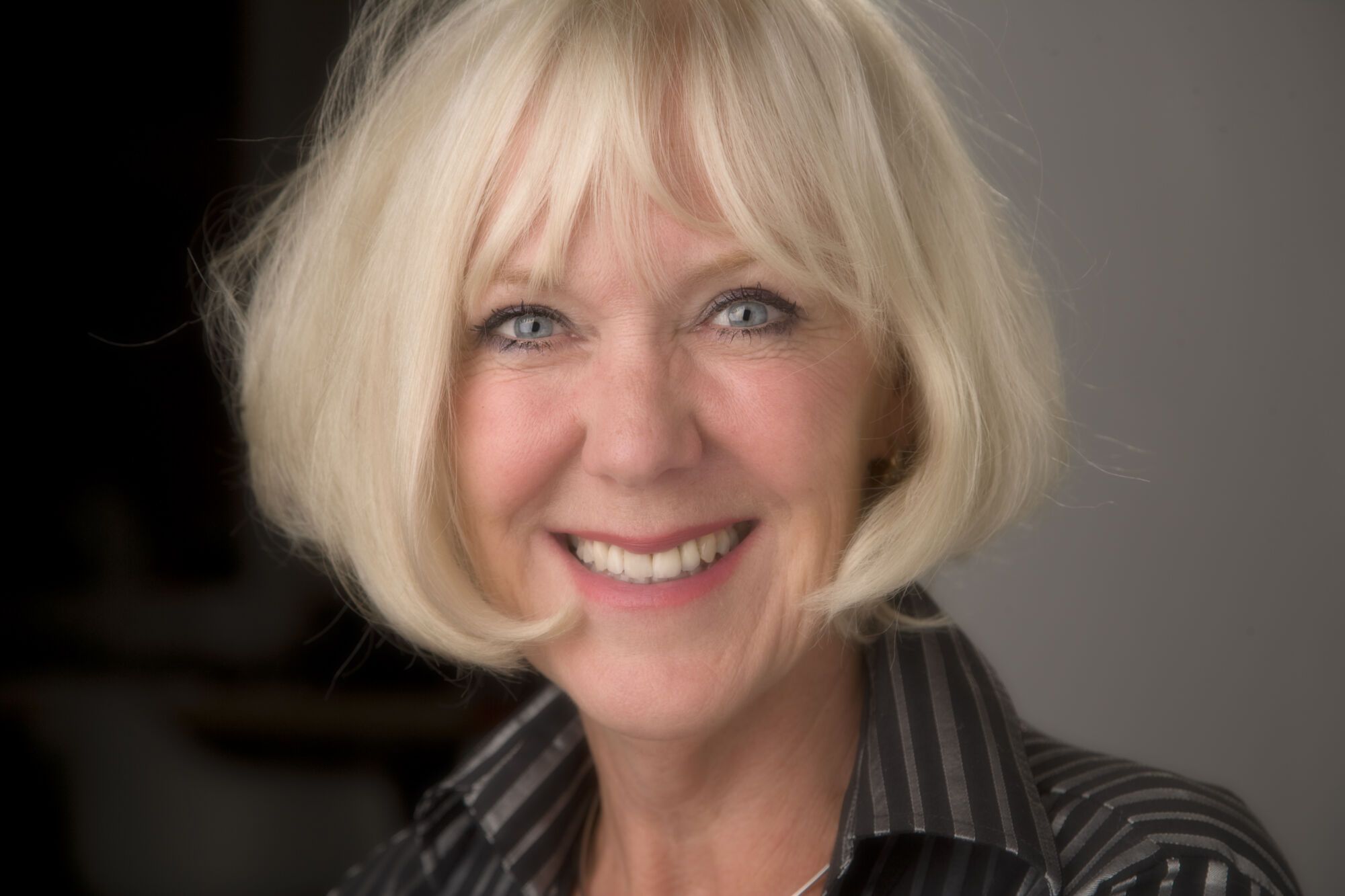For the first time ever, Denmark has been officially invited to take part in the anniversary of the landing of allied forces on the beaches of Normandy during the Second World War.
The ceremony, which will be held on June 6, officially recognises the 800 Danish sailors who took part in the D-Day invasion 70 years ago during Operation Overlord.
Due to its co-operation with Nazi Germany during the first three years of the war, Denmark had been denied an official allied recognition, but a diplomatic offensive by a group of Danish resistance fighters, the Royal House, the Danish embassy in France and NATO secretary-general Anders Fog Rasmussen has led to the Danes being recognised as allies in WWII.
“There has long been doubt whether the Danes were on the side of the allies or were a puppet of Nazi Germany,” Jens Ege, the head of the veteran association Danske Veteraner 1940-45, told TV2 News.
“But the navy men and the resistance movement ensured at the last minute that Denmark would be recognised as an ally.”
READ MORE: Naked and painted with swastikas … 69 years ago today
Bastille Day presence
Queen Margrethe II will take part in the official D-Day ceremony along with six Danish sailors from the war and the rest of a Danish delegation that includes the defence minister, Nicolai Wammen.
Furthermore, French President Francois Hollande has invited a military delegation flying the Danish flag to take part in the July 14 Bastille Day parade on the Champs-Élysées in Paris.
Aside from having a massive underground resistance network, 6,300 Danish navy sailors fought on the side of the Allies in WWII. Some 1,072 sailors lost their lives – 100 of whom were under the age of 17.
However, almost the same number of soldiers, some 6,000 in total, fought for Germany earlier in the conflict. About a quarter of those were part of the German-speaking minority in southern Jutland.













